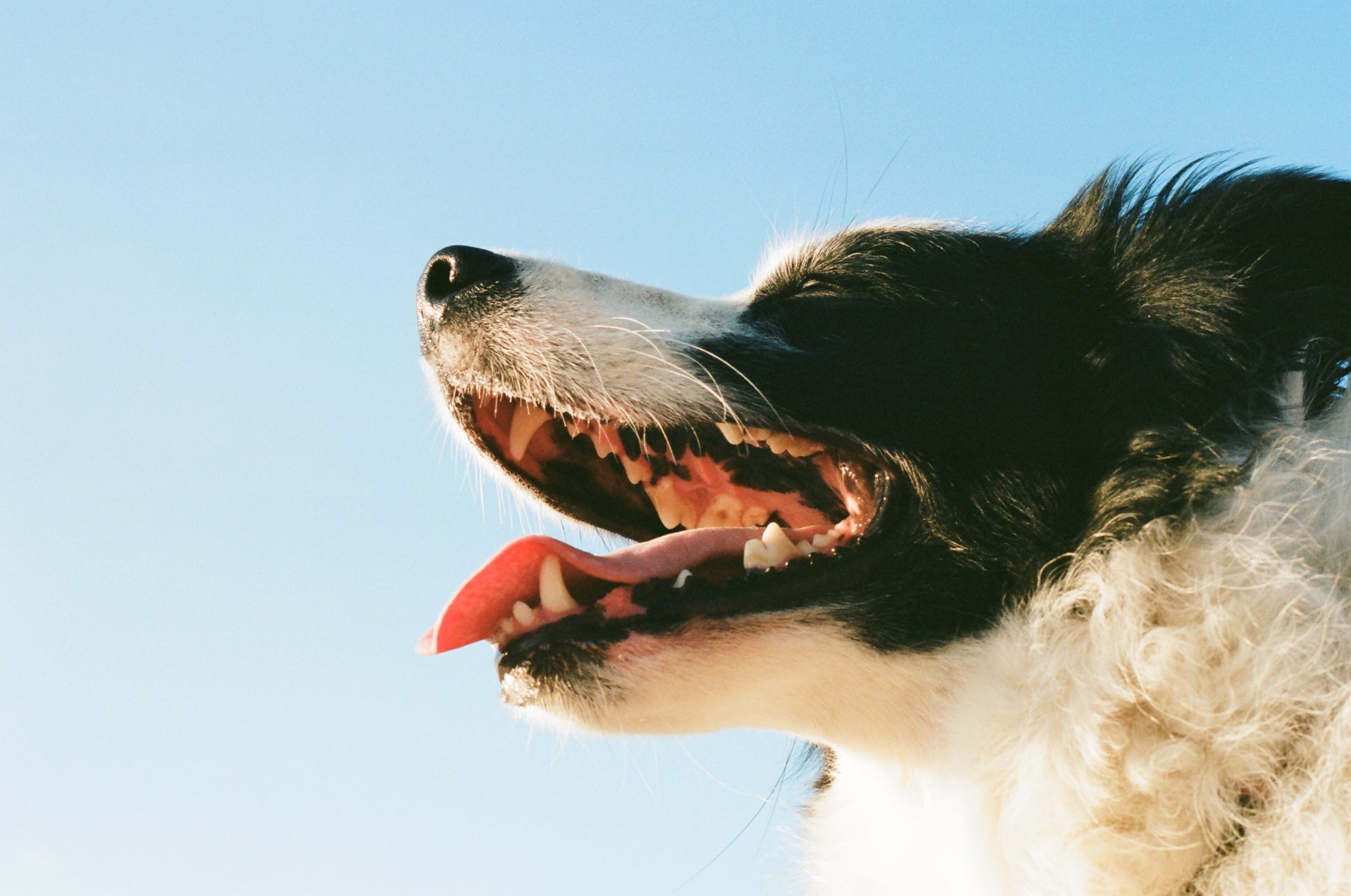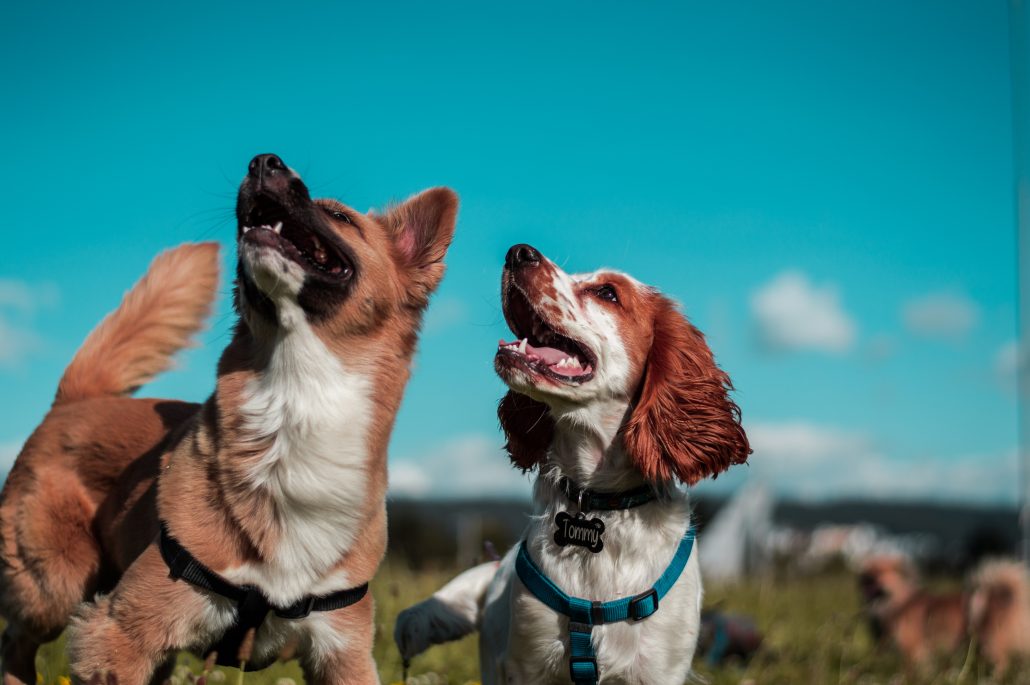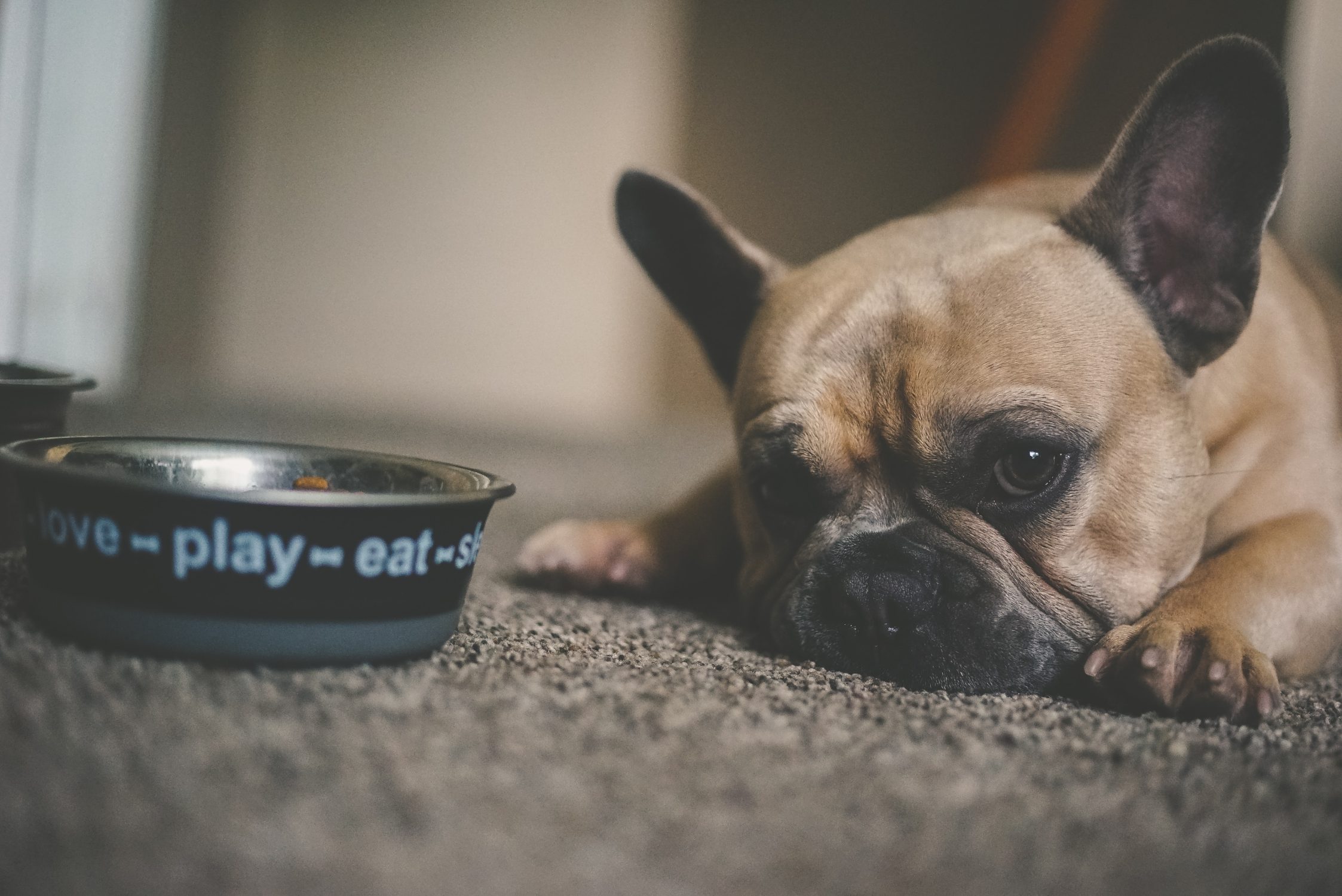Is Your Pet Displaying Signs of Dental Disease?
Periodontal disease is one of the most common conditions diagnosed by veterinarians today. This is no surprise when studies have shown that 8 out of 10 dogs and 7 out of 10 cats suffer from varying stages of dental disease by 3 years!
Dental care is extremely important for pets and untreated dental disease can cause pain, tooth loss and infection from bacteria in the mouth. Although extremely common, many oral health problems can be prevented with regular veterinary check-ups and home maintenance!

Whats Are The Signs Of Dental Disease In Pets?
What is Pet Dental Disease?
Dental and gum disease in dogs and cats is an often painful condition caused by bacteria, plaque and tartar buildup on the teeth and gum line. This accumulation irritates the gum tissue and allows bacteria to grow, leading to damage of the teeth and their roots, Left untreated, bacteria that gets absorbed into the bloodline can be extremely damaging to other major organs in the body, such as the heart, liver and kidneys.
Other factors that contribute to dental disease include:
Other factors that contribute to dental disease include:
- Age: Dental disease is more common in older pets
- Breed: Where all animals are prone to dental disease, smaller breeds who have misaligned teeth that are difficult to clean are more susceptible.
- Food: Feeding sticky, soft foods can lead to an increased build up of plaque and tartar.


Common Signs Of Dental Disease In Pets
Symptoms of Dental Disease
There are a number of signs that your pet could have an issue with their teeth or gums. If you notice any of the signs mentioned, book an appointment at The House Call Vet today.
Bad Breath and Tartar Build up
Bad breath is caused by a build-up of bacteria in the mouth and is a sign of poor dental health.
Bad breath is often accompanied by plaque and tartar buildup. This can be seen when the teeth begin to yellow around the gums. Eventually, this build-up grows darker as it begins to affect the gums and teeth.
Red And Inflamed Gums
Read and inflamed gums are a common symptom relating to poor oral hygiene. Red gums are an indication of an infection or and abscess affecting the root of an infected tooth. This is painful for your pet and should be treated as soon as possible.
Face Swelling
Swelling in the face is caused by infection in the mouth or an abscess in the gums or jaw. This is often accompanied by red gums and signs of pain.
Pawing at the mouth and face is a common sign that your pet is experiencing dental pain. If this behaviour persists for more than a day, you should seek veterinary care.
Eating Less With A Preference For Soft Foods
If your pet avoids hard food, such as kibble or biscuits, this might be a sign of dental discomfort. If you detect any changes in your pet’s feeding habits that last more than 48 hours, you should consult your veterinarian and be on the lookout for any other indicators of illness.
You may also notice that your pet is dropping food out of their mouth as they struggle to eat with a particular part of their mouth.
Wobbly or Broken Teeth
Dental disease can weaken the gums and roots that hold your pet’s teeth in place causing them to be wobbly and brittle. This leaves them susceptible to damage and may cause more pain.
Weight Loss
Our pets cannot tell us when they are feeling ill or have pain. This makes it difficult to spot signs of dental disease.
Although weight loss may indicate other health issues, combined with the above symptoms your pet may be experiencing weight loss from being unable to eat due to the pain caused by dental disease and infections.

Signs Of Dental Disease In Pets
Preventing and Treating Dental Disease in Pets
Regular pet dental care is an important factor in your dog’s overall health. Much like humans, your pets benefit from good oral care and regular dental check-ups.
An oral examination is an important part of your pet’s routine check-ups. A thorough look into your pet’s mouth, combined with your report of any symptoms you have observed, will help your veterinarian determine the next step in your pet’s oral care and treatment.
Most pets will require regular cleanings while under general anesthesia. This will help ensure the health of their teeth, as well as correct any problems caused by existing dental disease.
Regular tooth brushing at home is an essential part of your pet’s ongoing dental health to prevent plaque and tartar buildup and does not take long to accomplish. Your local veterinarian will be happy to demonstrate proper brushing technique and answer any questions you have regarding the oral health of your pet.
In addition to regular brushing and professional care, chewing is good for your dog’s dental health. Chewing on toys and treats can help to keep your dog’s jaws strong and teeth clean. Long-lasting chews, such as rubber toys, are the most beneficial!
Daily brushing, checkups and dental cleanings will help your pet have a healthier and more comfortable life!


Signs Of Dental Disease In Pets
Worried your pet is displaying pain and signs of dental disease?
As always, your team at The House Call Vet is here for you and your pet. Don’t hesitate to contact us to schedule your pet’s dental next visit – You’ll be sure to leave smiling!
We consult from 7 am to midnight 7 days a week so that we can always be there for you and your pet, no matter what level of care they need.
Book For Your Medical Advice, Diagnosis or Treatments Today!

